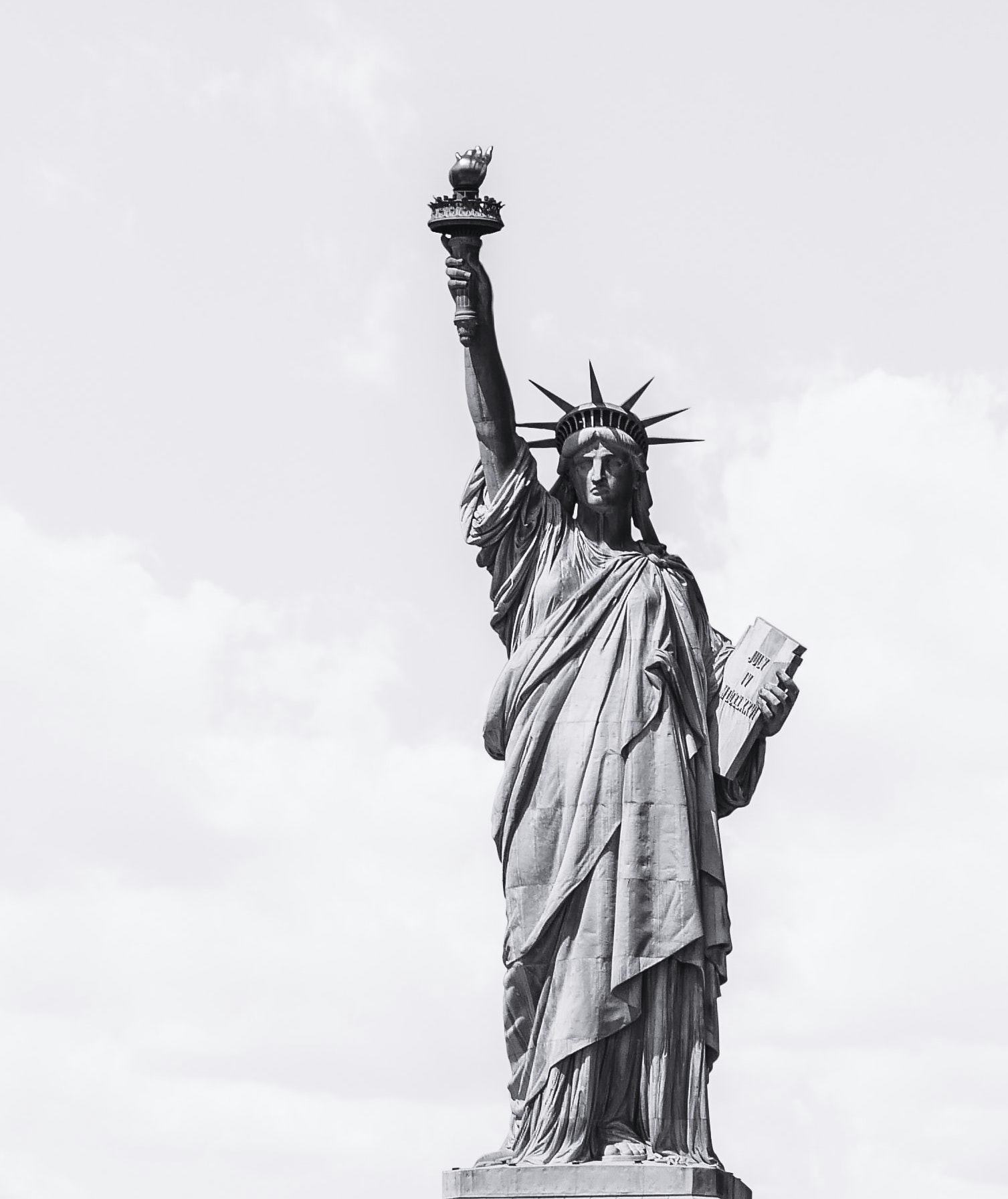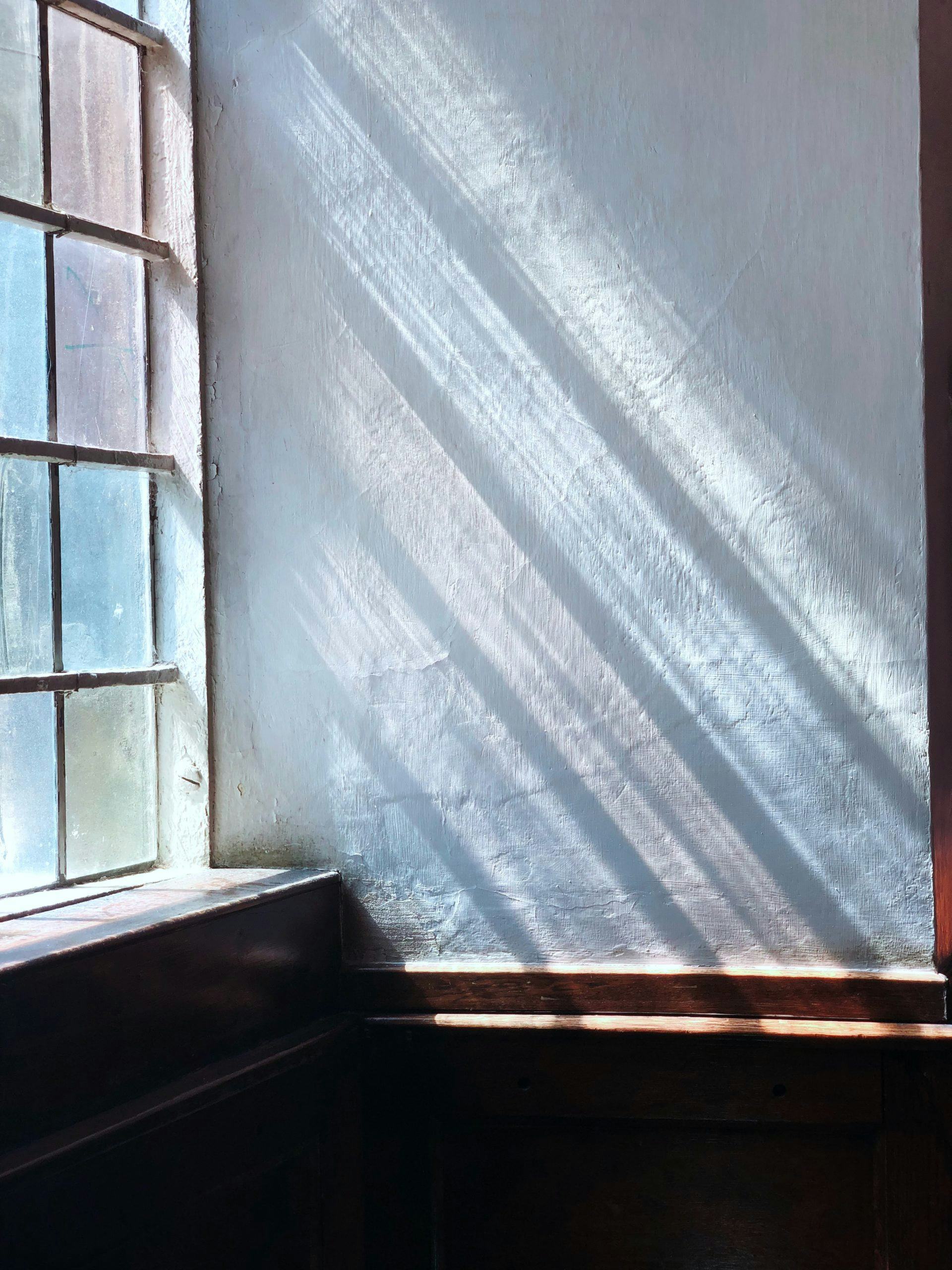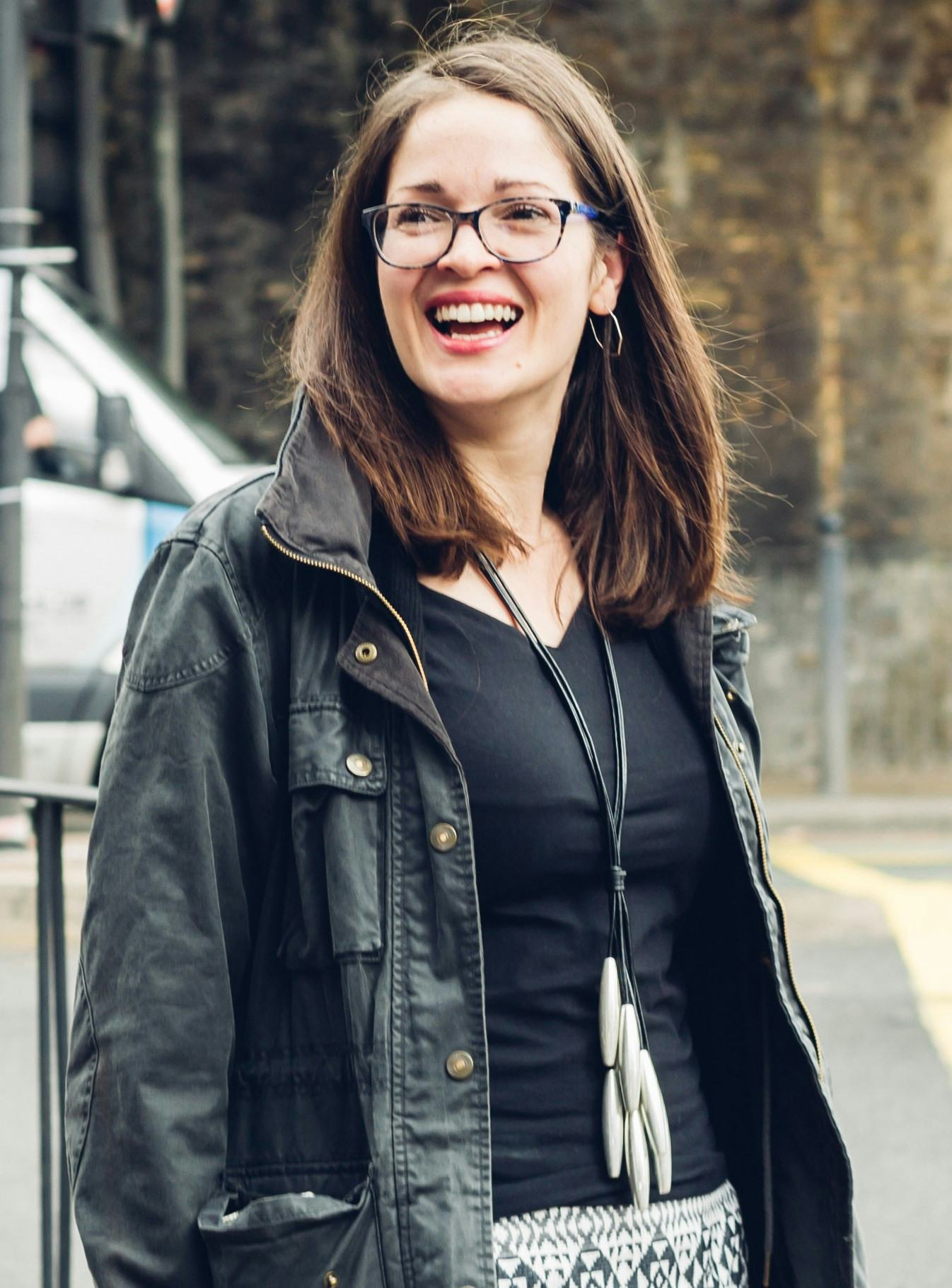“What do you think people see you as when you walk on the street?” my mom asked me rhetorically on the phone a few weeks ago. “They see a Chinese person. And people here can be so discriminating,”.
“Other Americans being racist against me doesn’t make me or you any less American,” I told my mom. The words lingered like a new flavor: At first unsettling, but then to be savored.
Over the past few years, my mom and I have had an ongoing debate about whether or not we are Chinese, Vietnamese, American, or all of the above.
My mom’s position and identity is rooted in the generalized racism and prejudice against Chinese people in the US. Being Chinese is perhaps less about our cultural heritage than the ethnicity and, by consequence, her position on the false ladder of social identities that others assigned to her. There’s a certain amount of truth in this; as much as I may identify as something, my perceived identities are socialized, valued, and organized by the collective. But I also think that there’s something powerful about claiming rightful identities that people seek to deny.
My mom spent the first decade of her life in Vietnam and the subsequent ones as a naturalized United States citizen. Her parents were born in Southeast China but left when they were young in pursuit of a new life in South Vietnam. In Vietnam, most Chinese people stuck to themselves, even attending separate schools, and clung tightly to their ancestral home. Despite this distancing, it was hard for my mom and her nine siblings to avoid adopting many of the cultural aspects of her birth country. They speak Vietnamese and even our own dialect of Chinese with a Southern accent.
We eat equal amounts of Chinese and Vietnamese food. I grew up listening to both Chinese opera and Vietnamese variety showtunes. My mom follows the Vietnamese custom of calling women slightly older than her chi (older sister) and men slightly older than her anh (older brother). Although my mom and her siblings often say with resolution and pride that we are Chinese, we’re also, in a way, inextricably Vietnamese.
Fearing the effects of the new Communist regime, my mercantilist family fled Vietnam by boat in 1978. As with many so-called “boat people,” my mom and her family spent two years in a refugee camp in Malaysia, hoping to land with finality in a Western country. While it’s unclear why my family wanted to go to countries so different from their homelands, my mom and her family eventually arrived on US soil as a young 14-year-old. She grew up in Seattle, got arranged to marry my father, and spent the rest of her life as a reluctant American.
These days, she spends most of her time heading a Buddhist temple in South Seattle and shuttling among elderly homes to pay filial piety now that her own parents are gone. She spends most of her time in Chinese or Vietnamese communities; I don’t think my mom has any close non-Asian friends. And still she is an American. She has a vote that matters, watches the Seattle Seahawks regularly with her brothers and sisters, and says things like “okie doke.” Despite the adoption of many culturally American traits, my mom has identified just as a Chinese person for most other life.
Perhaps the reason why my mom resists the label “American” is that she mistrusts judgment and prejudice from her fellow citizens. Why claim this identity when other Americans see her as different and inferior? Better to remain a proud Chinese person (“look at how powerful and rich China is now!”) than to be counted among white supremacists (“did you see what they did to the businesses in Chinatown?”).
My mom had me in 1993, and raising a child born in the US is a fast track to become more American. I learned our dialect of Chinese growing up, but as soon as I started going to school, English became my dominant language. Like many immigrant children, I yearned to eat the lunches advertised on TV and celebrate holidays like Thanksgiving the “real” way. More importantly, my education socialized me into the values of individualism, free speech, justice, and equality. Many of these ideals are antithetical to the Confucian, collective mindset of many East and Southeast Asian cultures.
As I met newly arrived Chinese people or watched the Chinese Communist Party’s news, I began to feel alienated from my own ancestral homeland. I could not tolerate the persecution of Uyghurs and Tibetans. I felt more comfortable with other people raised in the US than those who looked like me. I also knew based on my cousin’s stories that if we were to visit China and Vietnam, we would be immediately singled out as Americans and different. We are perpetual foreigners in our ancestral homes and our adoptive one. The very anticipation of rejection upon landing in China intensified my desire to claim a hybrid identity of Chinese-Vietnamese-American.
This is where I differed from my mom and her siblings. While they still clung to their Chinese identities (itself a still image of Chinese culture circa 1940), I was vociferous about my Americanness. Much to my grandfather’s dismay when asked which country I would fight for in a war between the US and China, I declared “the country that gave us freedom and doesn’t control its people.” My grandpa shook his head in disappointment that his grandson could so easily disavow his homeland.
To me, it never felt like a choice; I could find a way to blend together the identities my grandparents accumulated after almost a century living in three different countries. The emulsion of these values proves to be constant work, often strained by those who see, as my mom says, only a Chinese face.
Despite past racial exclusion and present prejudice, I remain proud to be an American. That’s not something that’s easy to say when the 45th president fuels the flames of xenophobia against China, when we’ve done countless harm to the rest of the world, and when Americans are stereotyped as loud, boisterous tourists. I do think there’s something inspirational and hopeful to have grown up in a country dreamed up by idealists. Although many enslaved Africans and indigenous peoples and denied them the very unalienable rights they fought for, it’s a contradiction worth eradicating. I hyphenate my identities because I could not exist in China or Vietnam without feeling intensely American, and I cannot exist in the United States without a recognition that I am from the culture of my mother and father.
I’ve wavered in my belief and pride in my national identity for most of my life due to our internal and external politics. Going to school in the mostly white parts of Seattle was a daily reminder of not fitting in. Whenever I announced my American identity while living in Brazil (an effort to distance myself from being perceived as just Asian, which is another messed up thing altogether worth unpacking), people had much to say about how my country was hypocritical for espousing democracy while propping up dictators. The US seems to intervene in places only when economic interests seem to be at stake (inaction in Rwanda or the hasty war in Iraq). There is much to lament about what carrying an American passport means.
Despite our shortcomings as a nation, I do think that there’s something we can still offer of value to the global community. Although perhaps declining because of the Trump administration’s attitudes towards immigrants, I believe we’re richer because of all the different kinds of people in this country. There’s also a general sense of optimism, however delusional and declining, about progress and a better future. We’ve made much social progress in the past two centuries, even if each step taken can feel like a half-step back. This diversity, sense of hope, and progress are perhaps the only engines of my continued faith in this country.
What gives me the most faith is that my mom, for the first time in my life, is excited about voting for her next president and governor. While it may have taken our country reaching its brink to get there, I have faith that my mom knows that her voice and vote are valuable especially in light of the anti-China rhetoric of the current administration. Even if my mom fears speaking her mind in public (perhaps a relic of Confucian ideology to prioritize social harmony over all else), it is a sign of hope that an immigrant single mother of color without a college education casts a vote and believes in our democracy against all of its threats. If that’s not worth putting faith into, then I don’t know what is.
I am a product of the Asian family that raised me and the American culture I grew up in. I claim multiple identities. I belong here because I believe in the values, however contradictory, of our founders, I am relentlessly optimistic about our union, and I am an avid lover of s’mores. No matter who denies it, I hold onto the idea that in this country, what we look like has little to do with who we are and who we may become.
Winson Law is a nonprofit worker and baker striving to make himself useful to others. He writes when he can, mostly in a personal journal, to digest matters of life, identity, and meaning. Born and raised in Seattle, he currently lives in Detroit.
Discover more from Winson Law.









